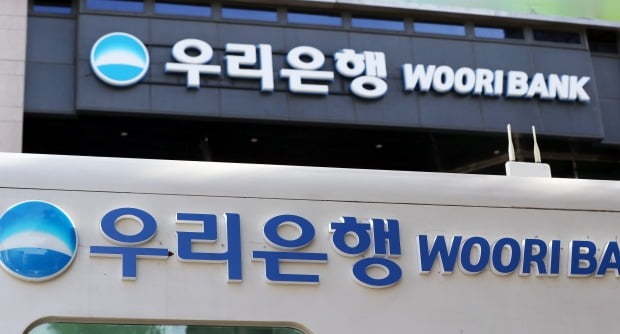South Korea said Thursday that it has decided to allow banks to sell equity-linked trusts worth less than 40 trillion won ($33.7 billion) in total in the latest move to better protect individual investors.
The Financial Services Commission said ELTs whose underlying assets should be the KOSPI200, the S&P500 and three other major indices, and which are issued through public offerings, can be sold at banks.
The Financial Services Commission said ELTs whose underlying assets should be the KOSPI200, the S&P500 and three other major indices, and which are issued through public offerings, can be sold at banks.

Three other stock indices are the Euro Stoxx 50, the HSCEI and Japan's Nikkei 225. The KOSPI200 is the index tracking a basket of 200 blue chip firms listed on South Korea's main bourse.
An ELT is a type of equity-linked security structured to track the performance of underlying assets, such as an individual stock or an index, not guaranteeing the principle as investors prefer instruments that promise higher yields.
The amount of ELTs that can be sold by the banks is capped at 40 trillion won.
The financial regulator also mandated banks to expand a set of measures to protect investors who buy high-risk financial products. Under the measures, all investors will be given a certain period to decide whether to buy high-risk financial products.
The move came a week after the Financial Supervisory Service said two local banks -- Woori Bank and KEB Hana Bank -- should provide compensation for up to 80 percent of their customers' losses from a recent misselling of derivatives linked to overseas interest rates.
Since August, financial authorities have probed Woori Bank, KEB Hana Bank, brokerage firms and asset managers that sold the derivatives products.
The derivatives are structured to track the performance of constant maturity swaps, which allow the buyer to fix the duration of received flows on a swap of Treasury bonds of the United States or Britain or the yield of Germany's 10-year state bonds.
In the case of a certain derivative linked to 10-year German state bond yields, some investors lost 98 percent of their principal after bond yields in Germany unexpectedly sank. (Yonhap)








![[Graphic News] More Koreans say they plan long-distance trips this year](http://res.heraldm.com/phpwas/restmb_idxmake.php?idx=644&simg=/content/image/2024/04/17/20240417050828_0.gif&u=)
![[KH Explains] Hyundai's full hybrid edge to pay off amid slow transition to pure EVs](http://res.heraldm.com/phpwas/restmb_idxmake.php?idx=644&simg=/content/image/2024/04/18/20240418050645_0.jpg&u=20240419100350)







![[KH Explains] Hyundai's full hybrid edge to pay off amid slow transition to pure EVs](http://res.heraldm.com/phpwas/restmb_idxmake.php?idx=652&simg=/content/image/2024/04/18/20240418050645_0.jpg&u=20240419100350)

![[Today’s K-pop] Illit drops debut single remix](http://res.heraldm.com/phpwas/restmb_idxmake.php?idx=642&simg=/content/image/2024/04/19/20240419050612_0.jpg&u=)